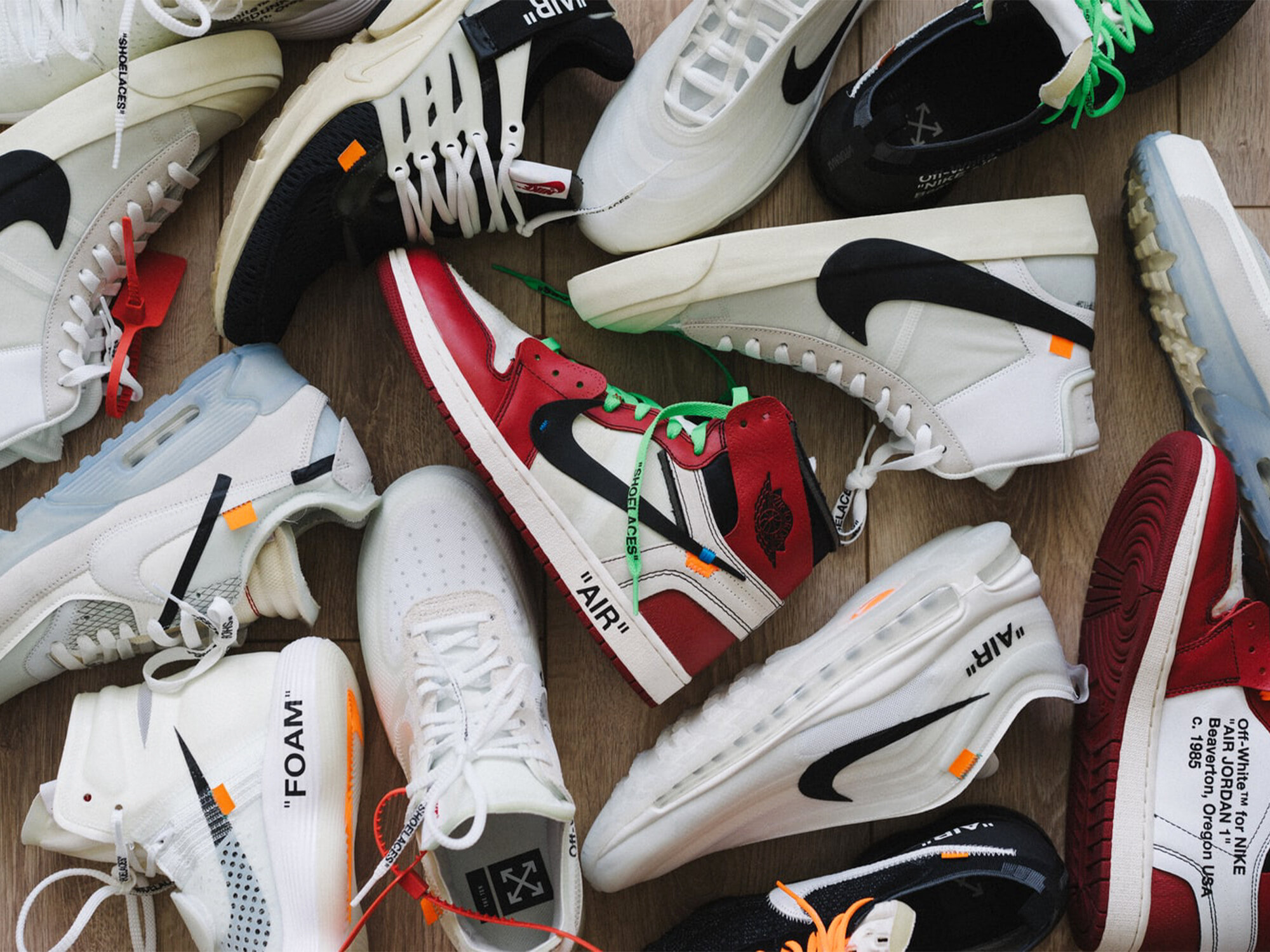€2000 sneakers for €49/month? The state of sneaker rental
People are spending more money on their sneakers, but what if you could rent them for a fraction of the price without the clutter?
As stated by the Ellen MacArthur Foundation, in their report on the new textiles economy, clothing production has approximately doubled in the last 15 years. This was driven by a growing middle-class population across the globe and increased consumption in mature economies, mainly because of the rise of fast-fashion. Great amounts of non-renewable resources are used to create products that are being disposed after one season. Companies like Rent the Runway, Nuuly and Amsterdam based clothing rental service LENA Library are trying to capture a small part of the $1,3 trillion clothing industry, while paving the way towards a more circular textile economy. The concept is essentially to provide a way for people to enjoy more clothing while decreasing the amount of clothing that needs to be produced. LENA Library states that Dutch women own 180 garments on average and that they wear 20% of their clothing 80% of the time. What is more, every year 21,5 million garments are overproduced, and 12,5 million unused pieces of clothing are destroyed.
Rise of sneakers
In the past, clothing rental has been focused on garments that are needed for special occasions. Sneakers started out as a sporty, casual shoe. Not a lot of money was spent on them. Nowadays, however, we have seen a rise in the amount of money a lot of people are willing to spend on athletic footwear. The status of sneakers has risen strongly with the attention and co-sign of celebrities and Instagram promoted lifestyles. In addition, the comfort of sneakers over classic shoes makes most young consumers stay away from investing their money into traditional classic shoes. Online platforms like StockX, Goat and Klekt enable everyone to participate in resell culture and people are now easily spending upwards of a thousand euros for the kicks they really want. With people spending more on their sneakers, the idea of renting these products has become more relevant. What if those limited-edition Nike’s are a thousand euro’s, but you can also rent them for a couple of days, weeks or months at a much lower cost?
Rent a pair?
Some sneaker rental services have started to pop up online, exactly filling this gap in limited edition sneaker rental. It is an interesting development on a circular economy level. It is also somewhat in line with the circular initiatives of some running footwear brands. The brand On, for instance, proposes the idea of a subscription plan where you pay monthly fees to use the shoes and send them back once they are worn out in order to get a new fresh pair. However, it turns out that the concept of sharing shoes with people is still a bigger step for people than sharing clothes. A poll that was recently held by lifestyle and fashion youtuber Drew Joiner showed that much. On the question “Would you ever rent a pair of sneakers?”, only 7% voted ‘Yes’ and 93% voted ‘No’. A total of 6,6 thousand votes were collected.
Several reasons for this outcome were given by people that voted, who were most likely fashion and sneaker enthusiasts. First of all, for some people sneaker collecting is about owning and curating a collection that means something to them personally and builds their style. People also love the feeling of owning a shoe that they can wear every day and truly beat up, which also gives the product character over time. People seem to have a less positive attitude towards sneaker rental than towards clothing rental. They argue that sneakers experience a lot of wear and tear during use and a major problem is the perceived hygiene of wearing shoes that others have worn before. Shoes in general are more difficult to clean than your standard T-shirt that you can just thrown into the washing machine. It will be interesting to see if the perception of sneaker rental changes over time and if this ends up being viable option to make the sneaker industry more circular in the future.



